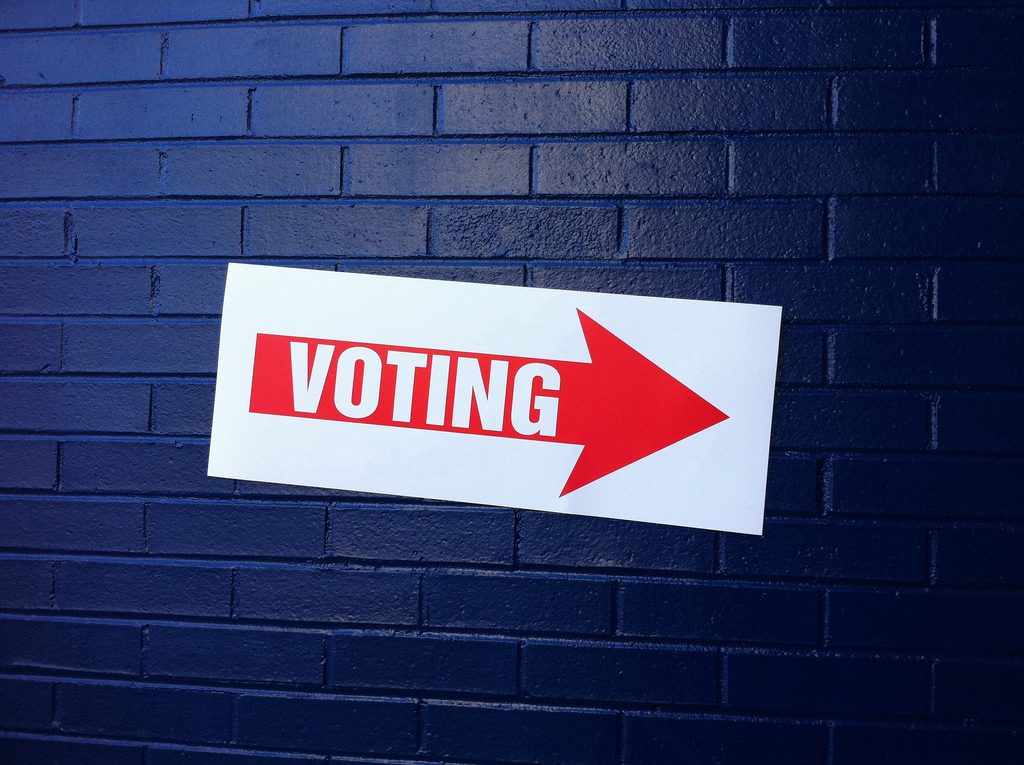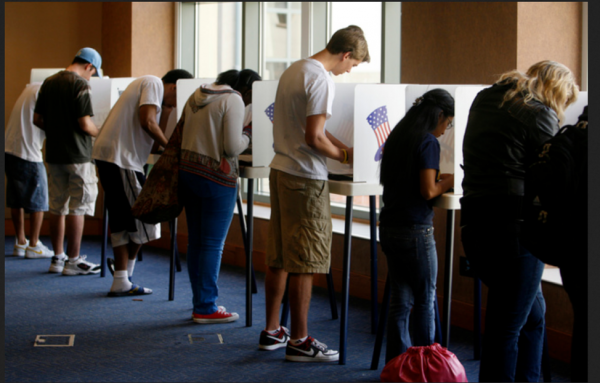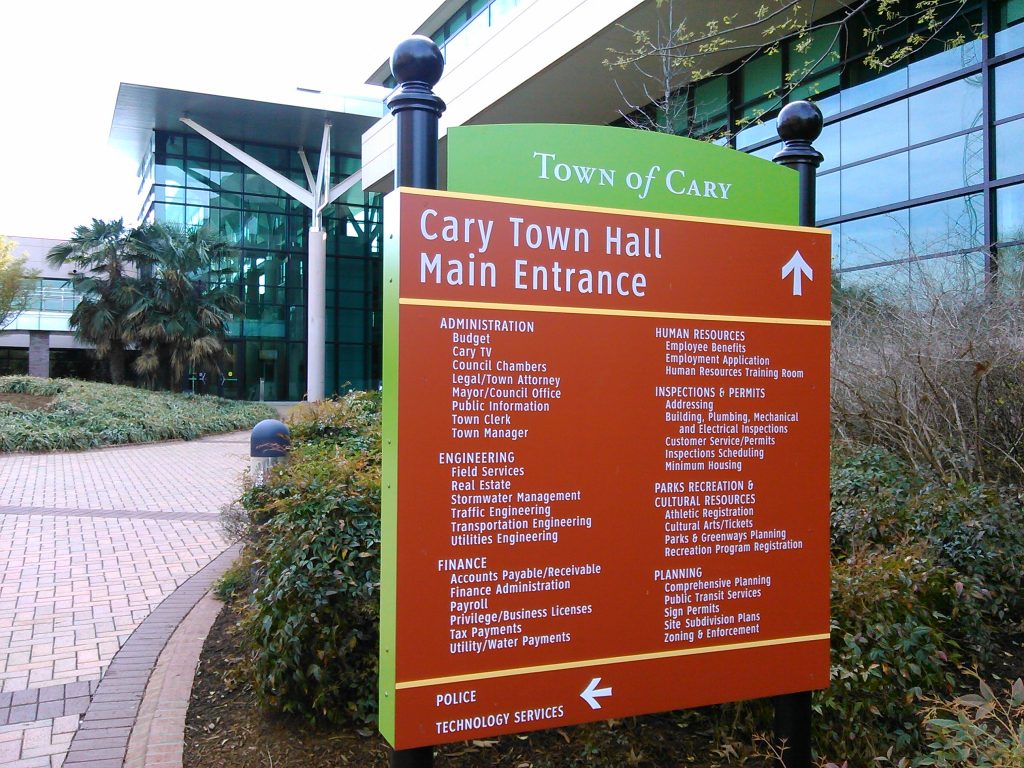
I’m glad to introduce Jake Gellar-Goad, who is a Program Specialist and a founding member of the Wake Forest University nonpartisan voter engagement committee Deacs Decide.
I was participating in a voting rights conference a number of years back where I heard from the Mayor of Takoma Park, Maryland about how their city experimented with letting young people under 18 cast votes in local elections. And guess what? It worked!
Now sure, some of it may have been the novelty of letting young people vote, but from what I heard, the young voters were participating at higher rates of voting than most other age groups of voters. And when you think about our current system—how we wait until people turn 18 and often leave the communities they’re connected with to start college or work—the Takoma Park experiment kind of makes sense. People vote when they feel connected to the communities they are voting in. And that tells me there are two important solutions to getting young people to vote.

